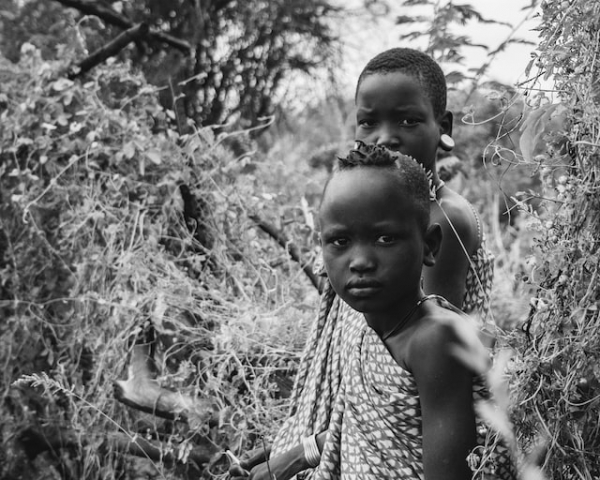The needs of the population rise as unrelenting drought devastated the livelihoods of at least 7 million livestock farmers and crop producers in Somali, Oromia and Southern Nations regions. In Tigray, conflict between federal and regional forces erupted in November 2020, with fighting spreading to the neighboring regions of Amhara and Afar. By 2021, more than 2.1 million people had been displaced in northern Ethiopia, while thousands fled to surrounding countries.
Women and girls are paying a high price in the conflict and in crisis-affected regions. Extensively damaged and destroyed health facilities and a shortage of medical supplies have severely disrupted access to sexual and reproductive health services. Availability of maternal health care has been critically compromised, together with psychosocial support for survivors of gender-based violence.
UNFPA is on the ground delivering life-saving health and protection services to women and girls across eight regions of Ethiopia. The agency has delivered reproductive health kits containing essential medicines, equipment, and supplies, to support safe births and the clinical management of rape. It is also providing personal protective equipment (PPE) for frontline health-care workers during the ongoing COVID-19 pandemic.
As the country's humanitarian needs expand, it becomes increasingly important to scale up the response to the specific and growing needs of already vulnerable women and girls, especially those who are pregnant and at danger of assault.
To read more, visit:
- https://www.unfpa.org/ethiopia-conflict-climate-shocks-women-and-girls-are-disproportionately-affected
- https://biomedres.us/pdfs/BJSTR.MS.ID.006818.pdf
- https://www.undp.org/ethiopia/news/dignity-kits-women-and-girls-affected-conflict-northern-ethiopia
by Viola Rubeca







